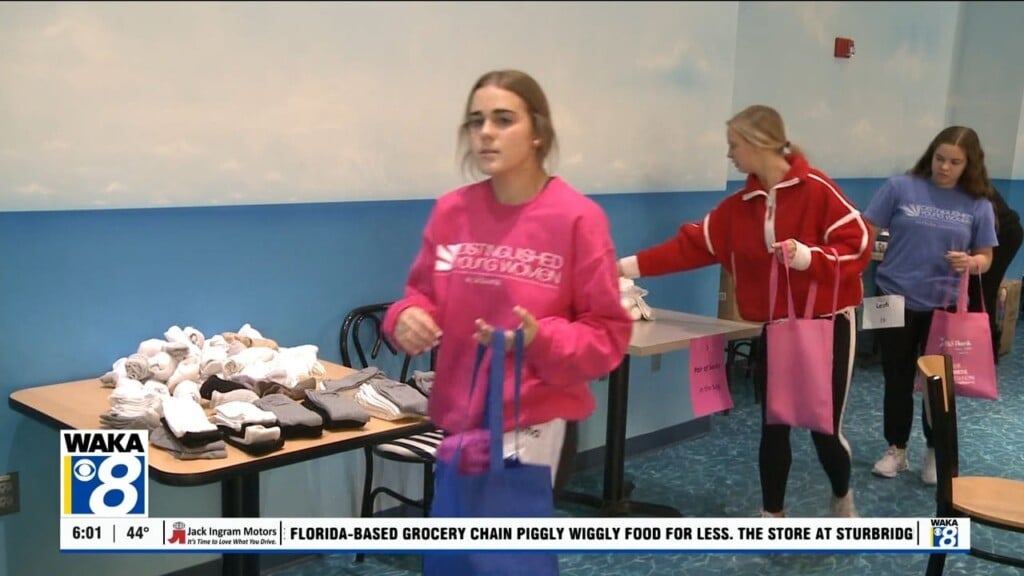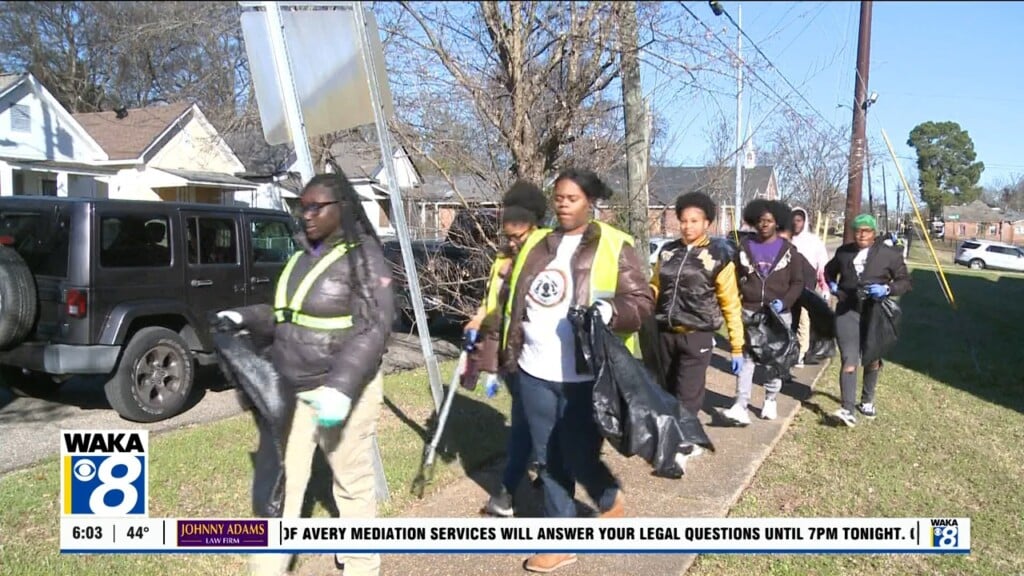Alabama Legislature looking to protect in vitro fertilization
Alabama lawmakers have begun looking for ways to protect in vitro fertilization services after a state Supreme Court ruling that frozen embryos could be considered children under existing state law.
Three providers have paused services in the wake of the ruling, including UAB hospital in Birmingham.
Separate proposals were being prepared in the House and Senate that would seek to prevent a fertilized egg from being recognized as a human life or an unborn child until it is implanted in a woman’s uterus.
Gov. Kay Ivey said the state wants to foster a culture of life and said that includes “couples hoping and praying to be parents who utilize IVF.”
Justices ruled that three couples who had frozen embryos destroyed in a mishap at a storage facility in Mobile could pursue wrongful death claims for their “extrauterine children.” Justices cited sweeping language that the GOP-controlled Legislature and voters added to the Alabama Constitution in 2018 saying that the state recognizes the “rights of the unborn child.”
House Minority Leader Anthony Daniels, a Democrat, introduced legislation to clarify that a “human egg or human embryo that exists in any form outside of the uterus shall not, under any circumstances, be considered an unborn child” under state law.
Republican state Sen. Tim Melson, who is a doctor, said his proposal seeks to clarify that a fertilized egg is a “potential life” and not a human life until it is implanted in the uterus.
Alabama Attorney General Marshall does not intend to prosecute IVF providers or families based on the state Supreme Court ruling, Chief Counsel Katherine Robertson said in a statement.
Former President Donald Trump joined the calls for Alabama lawmakers to act Friday and said he would “strongly support the availability of IVF.”
President Biden on Thursday called the Alabama Supreme Court ruling that frozen embryos are considered children under the law “outrageous and unacceptable.”
(Copyright 2024. The Associated Press contributed to this report. All rights reserved. This material may not be published, broadcast, rewritten or redistributed without permission.)







